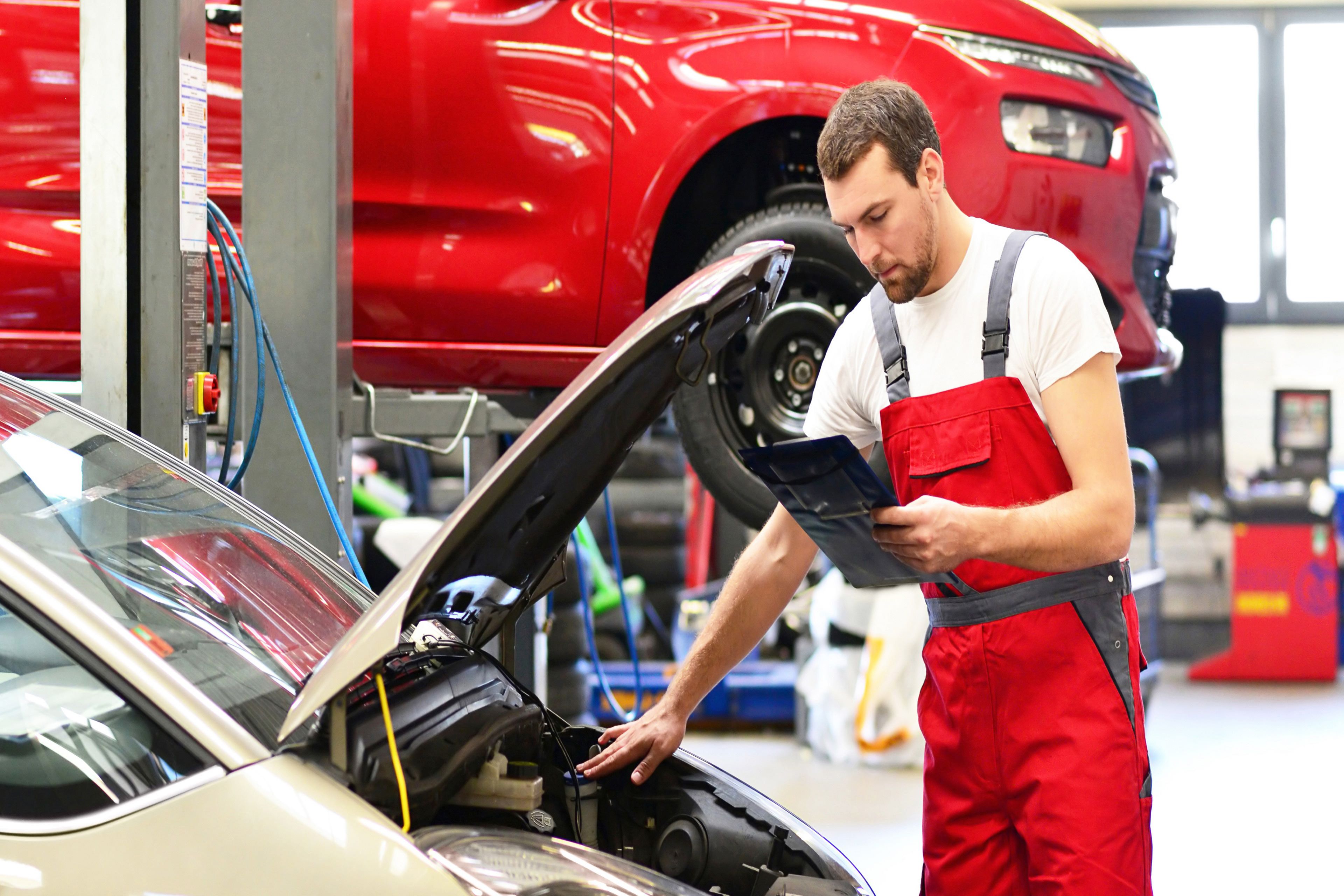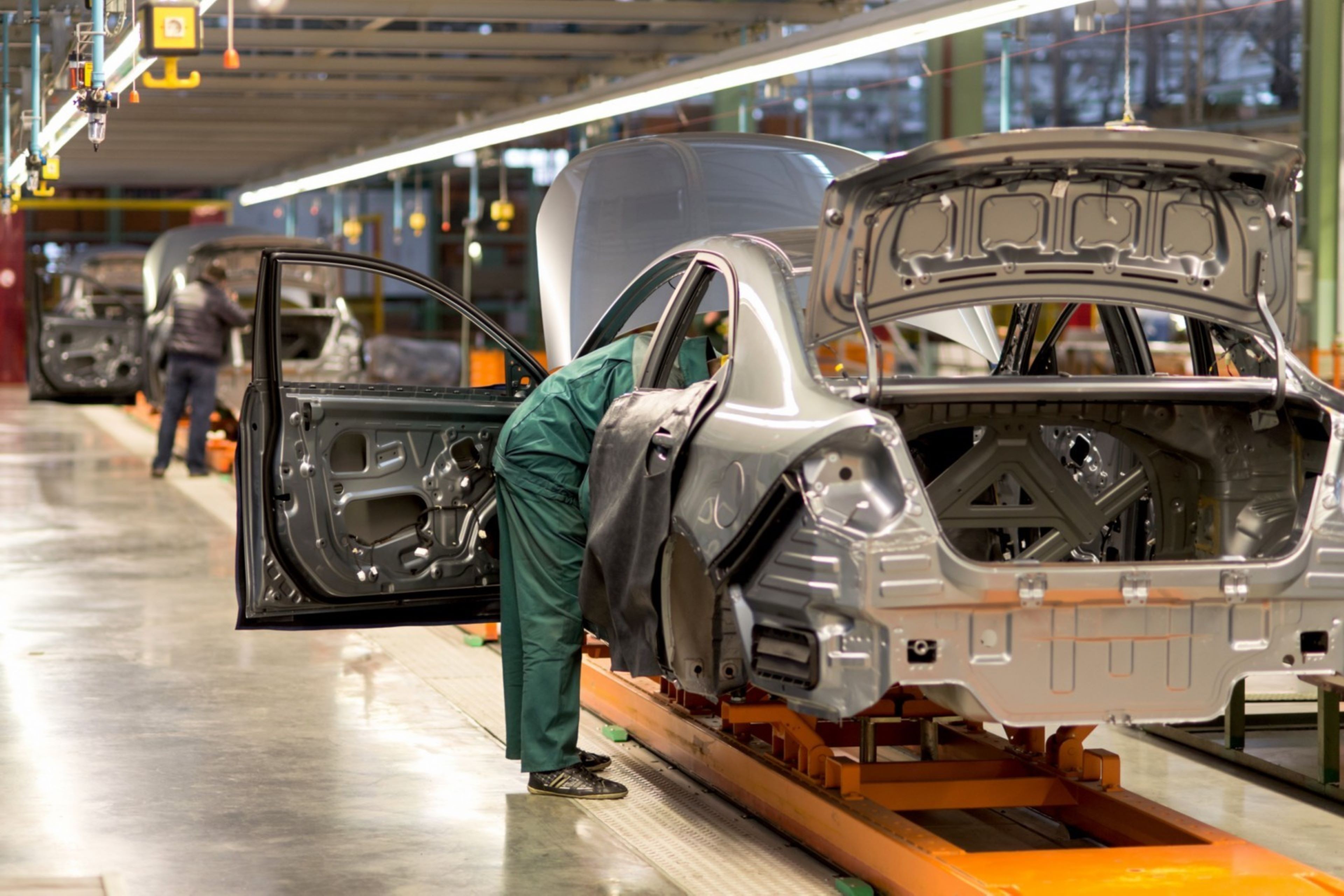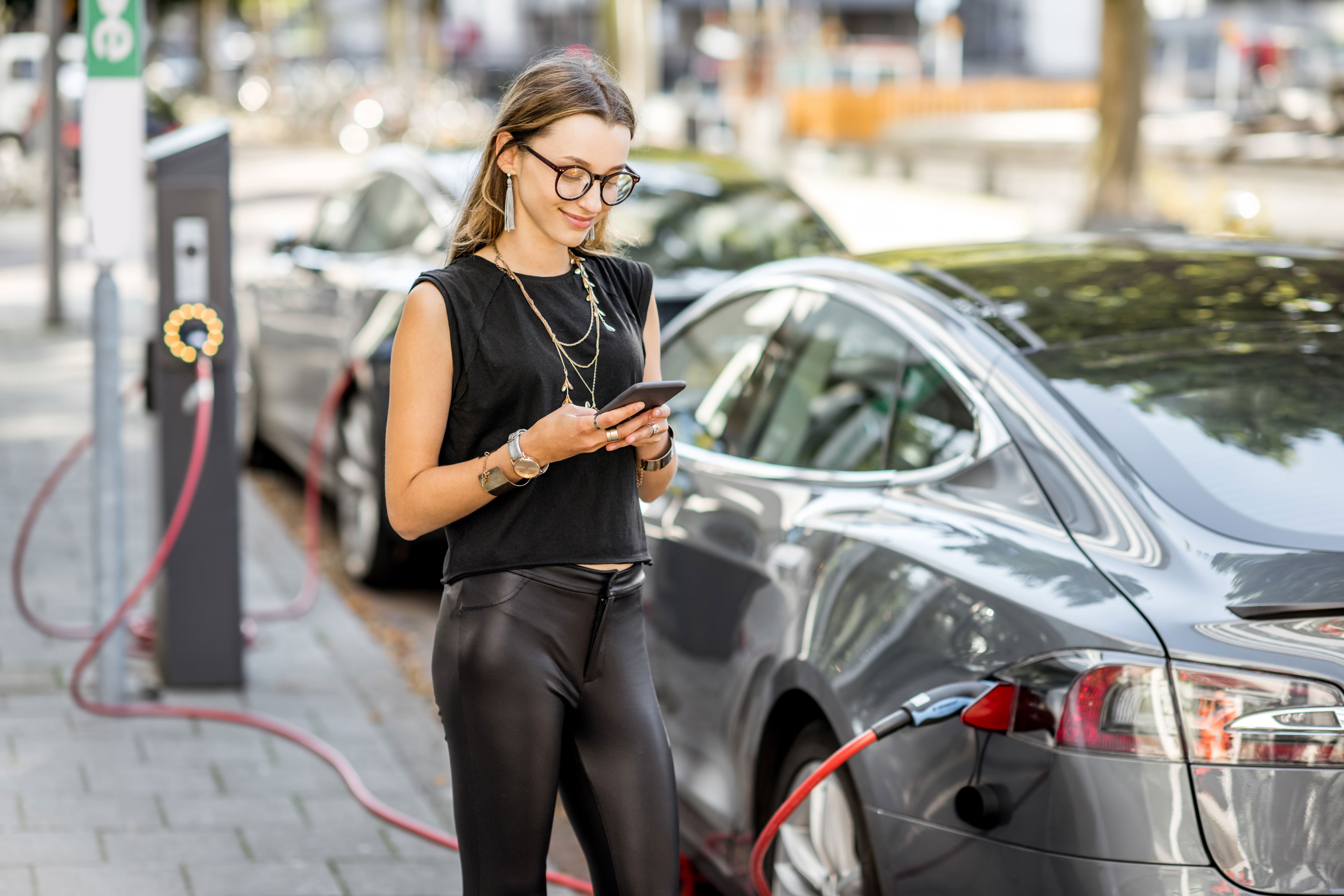EY refers to the global organization, and may refer to one or more, of the member firms of Ernst & Young Global Limited, each of which is a separate legal entity. Ernst & Young Global Limited, a UK company limited by guarantee, does not provide services to clients.
2022 – A year of continued challenges for UK Automotive
David Borland, EY UK & Ireland Automotive Leader, reflects on 2022 and looks ahead to what 2023 might bring:
“2022 was hoped to be the year that brought about a turnround in fortunes for the UK Automotive sector after two years of unprecedented challenges. The sector first had to deal with the Covid-19 pandemic starting in 2020 and then the semi-conductor shortage from 2021. However, any hopes for a swift recovery received a significant setback from the geopolitical developments in Europe that started in the first quarter of 2022. Additionally, the sector was negatively affected by the trilemma of ongoing supply pressures, energy security and financial impacts for much of 2022. According to SMMT data, just over 1.6mn vehicles were registered in 2022, a 2% fall over 2021, but 30% lower than the pre-pandemic year of 2019.”
Manu Varghese, from EY’s UK & Ireland Advanced Manufacturing & Mobility Team, adds:
“Automotive OEMs (Original Equipment Manufacturers) have largely managed to weather the crisis in 2022 through a combination of smart pricing strategies, product mix optimisation and reduction of variable marketing incentives. However, the unavailability of semi-conductors has led to very long lead times and order books, with one British car maker facing backlogs in excess of 200,000 vehicles. To attract the investment needed for long term growth, the UK car industry still needs stability and governmental support – not least to ease long term energy costs.”
EVs setting new sales records but infrastructure investment needs to keep pace
The growth in Electric Vehicle (EV) sales continued to provide the proverbial silver lining for the car industry throughout 2022. For the full year, registrations of pure battery vehicles increased by 40%, resulting in a market share of over 16% and importantly surpassing Diesel as the second most popular powertrain. For the month of December, the growth was even more dominant with a largest ever share of almost one-in-three of all vehicles sold – this increased to almost 40% when considering Plug in Hybrids as well.
This can partly be attributed to measures adopted by the Government to promote EVs, including consideration being given to mandatory car charge points in newly constructed houses, grants to support chargers at motorway services and tax incentives on new vehicles. However, there is much to do to ensure infrastructure keeps pace with the market demand and equally important are the shift in consumer attitudes to EVs and the more sustainable approach of fleet operators. A setback for the sector was the decision to scrap the ‘plug in grant’ which made the UK the only major European market to have zero upfront purchase incentives for EV car buyers. Less draconian, but still unwelcome, was the news that EVs would attract road tax from April 2025. This was an example of tax legislation being out of sync with the UK’s ambition to achieve the target of zero pure combustion engine sales from 2030.
Changing consumer behaviour
According to EY’s Mobility Lens Consumer Index (MCI), digital auto retail is being driven by the rise of the electric vehicle. Two-thirds of all car buyers now use digital channels to gather information about their prospective purchases. A figure that rises to 71% for EV buyers, reflecting both the greater digital fluency of EV customers and their desire to thoroughly research the purchase. The latest MCI survey findings also highlight the evolution of digital auto retail that has been driven by the rise of the EVs, both using physical experience centres and via advanced experiential technologies such as Augmented Reality, Virtual Reality and the latest and most immersive technology of all, the metaverse. While online modes are picking up, physical ones continue to dominate with only 38% of buyers preferring mobile or digitally advanced showrooms over the traditional dealership for pre-purchase viewing and testing, while even fewer – 23% – prefer online channels for final purchase.
Looking ahead to 2023
There is no doubt that manufacturers, suppliers and dealers will continue to face challenges on supply security, energy availability and cost. This will be in tandem with disruption in the form of new sales models, further growth of Asian EV manufacturers and questions over how to reduce capital investment and speed to market through partnerships.
Despite this, and the challenging market in 2022, one must not lose sight of the global context and positives for the UK. Other major EU markets experienced sales reductions versus 2021, with France, Italy, and Spain recording reductions of -7.8%, -9.7% and -5.4% respectively. Germany managed a 1.1% increase, while the US had a reduction of -8%. This highlights the UK is not alone in the challenges it faces and is in fact faring better than most at the macro level.
According to latest manufacturing figures released by the SMMT, UK car manufacturing output has grown in six of the past seven months demonstrating how OEMs are navigating the economic crisis to help meet consumer demand. The continued rise of EV sales at an unprecedented pace is opening new value pools to offset margin losses in traditional areas. The change in retail between manufacturers and dealers needs to transform the customer experience, drive loyalty and boost market share.
The sector needs sustained growth to ensure it remains a key source of employment and economic value. How that plays out in 2023 remains to be seen but we can be sure the UK automotive industry will continue to demonstrate resilience and innovation.
Related news
EY’s latest Mobility Consumer Index reveals that Electric Vehicle (EV) buying intent is growing in the UK.
UK’s EV success hinges on six essentials as growing demand highlights infrastructure gaps
A recent study by EY and Eurelectric has highlighted that the EV transition in the UK and around the world hinges on six essentials.
EY’s David Borland, Maria Bengtsson and Mark Minihane on what the automotive and manufacturing sectors may be hoping for ahead of the Spring Budget.
Strong start to 2023 continues for the UK car industry
David Borland, EY UK & Ireland Automotive Leader, and Manu Varghese, comment on SMMT new car registration figures for February 2023.
Challenging year ahead for the UK car industry, despite new year cheer
David Borland, EY UK & Ireland Automotive Leader, and Manu Varghese, comment on SMMT new car registration figures for January 2023.
2022 – A year of continued challenges for UK Automotive
EY comments on challenges which faced the UK Automotive sector in 2022.









